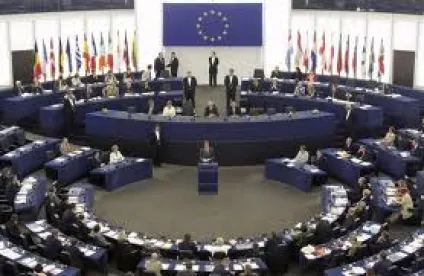Background
On April 14, 2015, the Committee on International Trade (INTA) of the European Parliament adopted amendments (by 22 votes to 16, and 2 abstentions) on the European Commission’s proposal for an EU conflict minerals regime published in March 2014. The INTA vote followed a compromise reached among three of the main political groups of the Parliament, namely the center-right (EPP), the Liberals (ALDE) and the ECR led by the UK Conservatives. See our previous blog post for further information on the context and on the Commission’s proposal.
Outcome of the vote
The main highlights of the INTA vote are as follows (as the consolidated report is not yet available, the information provided below could be subject to change):
-
The INTA Committee decided to beef up the Commission’s proposal by making it compulsory for EU-based smelters and refiners to be EU-certified as responsible importers. However, the INTA members decided to keep a voluntary approach for the rest of the supply chain. At the same time, members adopted a proposal for a “European Responsible Supply Chain Label” for companies willing to exercise due diligence.
-
In addition, INTA members maintained the focus on tin, tungsten, tantalum, and gold as proposed by the European Commission by rejecting amendments that aimed to include additional minerals.
-
They also agreed on the geographic scope of “conflict-affected and high-risk areas” as in the Commission’s proposal although MEPs reportedly did not provide guidance on how to determine which countries/regions will fall under the scope of the EU regime.
-
The INTA Committee excluded recycled/reclaimed materials.
-
Finally, the amendments adopted by the INTA Committee also include a two-year review clause.
Next steps
However, the Socialists and the Greens vehemently criticized the outcome of the INTA vote as they are determined to make the EU’s due diligence self-certification system compulsory for the whole supply chain including all downstream operators, rather than only for smelters and refiners. Left-wing MEPs are expected to mobilize forces in favor of a mandatory approach ahead of the adoption of the European Parliament’s position in the next plenary (i.e., by the full Assembly) on May 18-21. No doubt that a number of NGOs will join forces with the same aim in mind. The EP’s “first-reading” position will then serve as the basis for discussions with the Council, which is likely to favor a voluntary approach as proposed by the Commission.
At this stage, the discussion in the Council only took place at the expert level in several sub working groups; one to address the customs issue, the other to try to find a definition for “conflict affected high-risk area”. At a higher level, the working group for trade matters prefers to wait for the result of the debate in the EP before addressing the mandatory/voluntary issue.
Member States are, as the EP, under strong pressure from NGOs asking for mandatory reporting obligations from the end-users but they are also sensitive to the Commission’s arguments about the negative effects that an “EU Dodd Frank regime” would have on the local population, i.e., to completely stop the legitimate mining in Eastern Congo.




 />i
/>i

